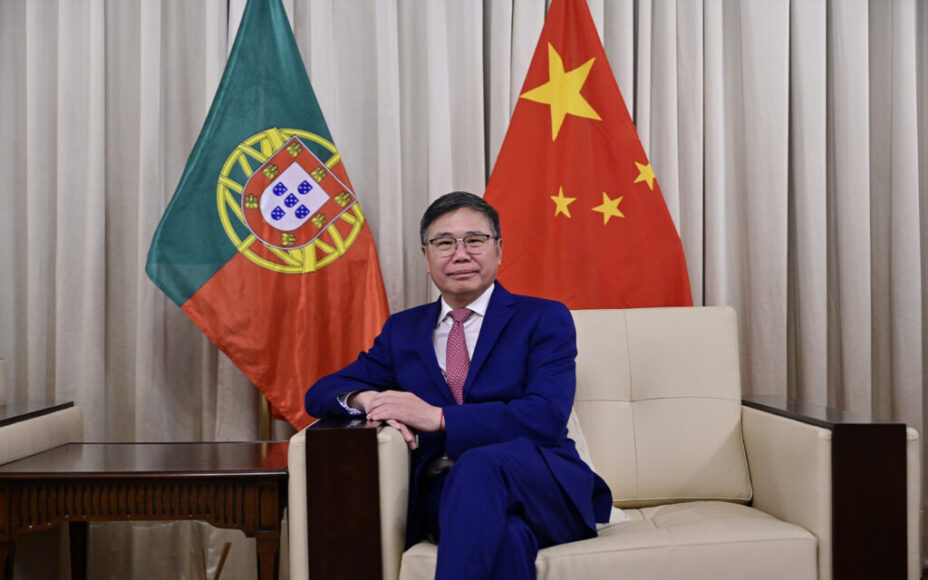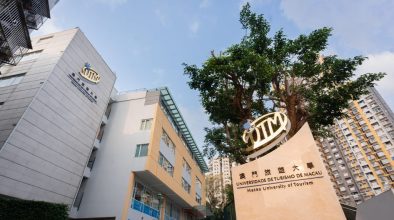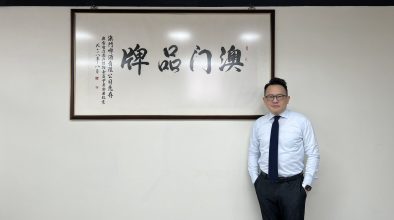This year marks the 20th anniversary of the Sino-Portuguese comprehensive strategic partnership and the 50th anniversary of diplomatic relations between China and the European Union (EU); ties forged in 1975 with the EU’s predecessor, the European Economic Community (EEC).
In an interview with Macao magazine, Chinese Ambassador to Portugal Zhao Bentang highlights China’s major investments in Portugal – from the making of lithium batteries to producing fine wine – and emphasises how closer ties between China, Portugal and the EU can help protect global stability amid turbulent times.
How has Chinese investment in Portugal evolved over the years?
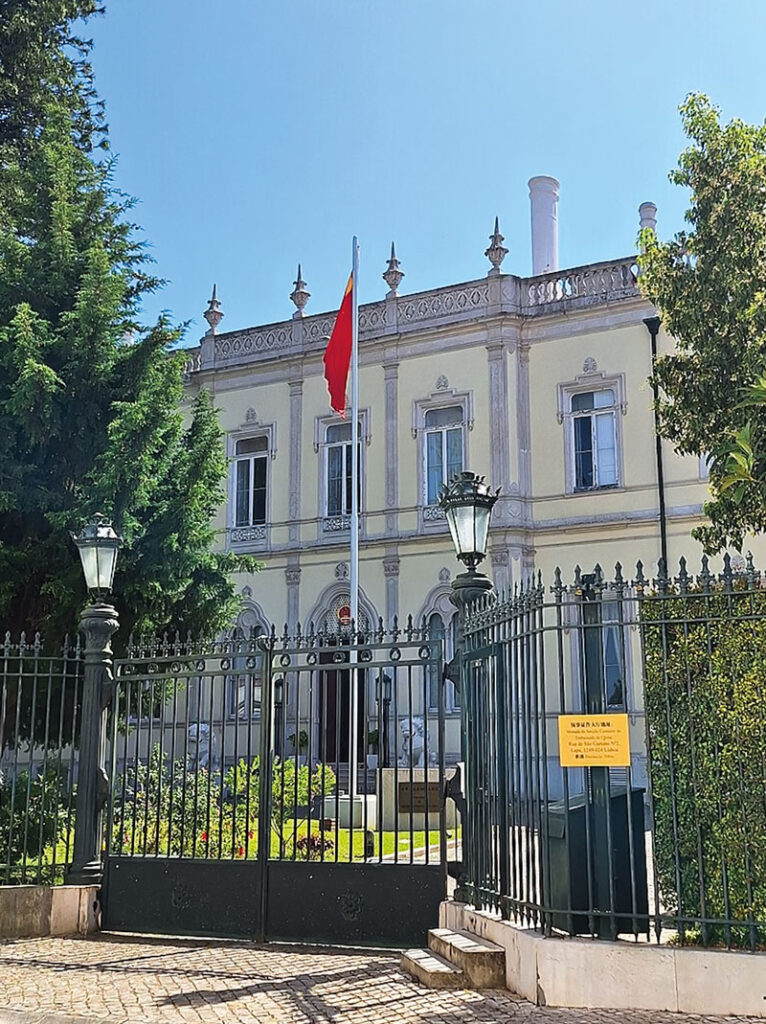
Chinese companies entered the Portuguese market on a large scale during the European debt crisis [which began in 2009 and lasted until the mid-2010s].
According to the central bank of Portugal, China’s foreign direct investment in Portugal reached US$4.46 billion in 2024, a year-on-year increase of 9.32 percent. It’s seen a 4.5-fold increase over the past decade, and 14 consecutive years of positive growth. Portugal ranks among the EU countries receiving the most Chinese investment per capita.
Where are Chinese companies investing in the country?
More than 30 Chinese enterprises are active in Portugal across sectors as diverse as energy, finance, insurance, healthcare, communications, water, manufacturing, construction, aviation, aquaculture and catering. Through this, they contribute positively to Portugal’s economic and social development. Chinese companies are known for respecting local laws and fulfilling their social responsibilities. They have built a positive image for themselves, which has been recognised by the Portuguese government and public.
We, as representatives of China’s government, encourage greenfield investments, particularly in the new energy sector. For instance, China Aviation Lithium Battery (CALB) has invested more than US$2 billion in a lithium battery production facility at Sines Port, about 100 kilometres south of Lisbon.
The factory is expected to create 1,800 direct jobs once its first phase is operational in 2028 and add 4 percent to Portugal’s gross domestic product when fully operational. It will also fill a major industrial gap by taking advantage of local lithium deposits, helping Portugal cover electric vehicle batteries’ whole value chain.
What new Chinese investments are on the horizon?
Hengtong Group, China’s largest power and fiber optic cable manufacturer, plans to establish an undersea cable manufacturing hub at Aveiro Port, about 70 kilometres south of Porto – while the Jiangsu Aosheng Composite Materials Hi-Tech Company wants to build a carbon fiber composite plant for wind turbine blades in Valongo, slightly inland of Porto. These projects support Portugal’s clean energy ambitions, expand exports and optimise the country’s economic structure.
We also encourage partnerships between Chinese and local companies to leverage Portugal’s strong links within other Portuguese-speaking countries, opening new avenues in third-party markets.

How is trade tracking between the two countries?
In 2024, trade between China and Portugal reached US$9.65 billion. Chinese exports to Portugal grew by 5.57 percent, totaling US$6.75 billion, while Portuguese exports to China increased by 8.9 percent, reaching US$3.17 billion.
Portugal’s high quality agricultural products will continue to see their exports grow in China, and green cooperation will be one of the main focuses going forward. Companies from both countries will intensify cooperation in the development of renewable energy projects, such as Portugal’s offshore wind energy projects and photovoltaic plants.
In terms of economic and trade cooperation platforms, the China Council for the Promotion of International Trade (CCPIT) and organisers of the Canton Fair visited Portugal this year to promote their initiatives. They invited the Portuguese government, business associations and companies to engage in face-to-face meetings with their Chinese counterparts.
As in previous years, the Chinese side also extended invitations to the Portuguese government and relevant enterprises to participate in the 8th China International Import Expo (CIIE), scheduled for November. Portugal has participated in all seven previous editions of the CIIE and has established a national pavilion on six occasions. At last year’s expo, the Portuguese Food Products Association (PortugalFoods) led a delegation of 12 companies. The strong media coverage in China significantly boosted awareness and appreciation of Portuguese culture and food products.
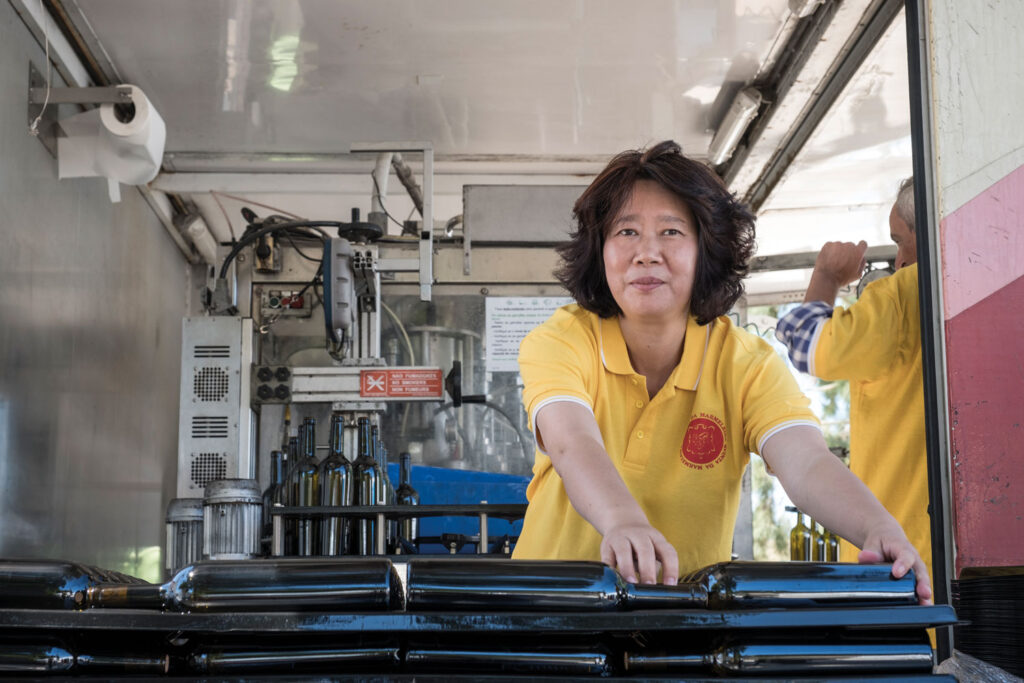
What was the significance of Portugal’s Minister of State and Foreign Affairs Paulo Rangel’s recent visit to China?
Foreign Minister Rangel was the first European foreign minister to visit China [both Beijing and Macao] after this year’s ‘Two Sessions’ [the annual meetings of the National People’s Congress and the National Committee of the Chinese People’s Political Consultative Conference] in March. The Portuguese party reaffirmed its support for the ‘One China’ policy and the ‘One Country, Two Systems’ principle.
During the visit, both sides held a strategic dialogue covering trade, science and technology, culture and education. Renewable energy cooperation emerged as a focus area for practical cooperation, promoting the advancement of concrete collaborative projects and giving new impetus to collaborative development between the two countries.
The minister also visited universities, research centres and other educational institutions, strengthening bilateral cooperation, promoting closer cultural exchanges and bringing people from both sides closer together.
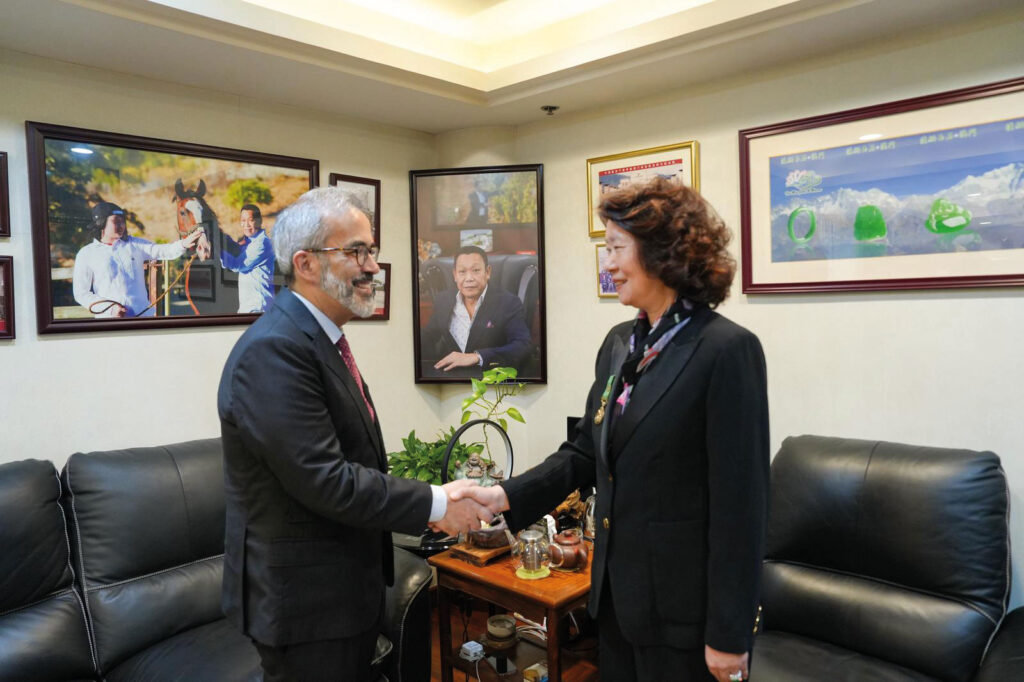
How can China and Portugal navigate volatility in the current global economy?
China and Europe, including Portugal, are strong advocates of economic globalisation and trade liberalisation, as well as firm supporters of the World Trade Organization (WTO). China remains committed to promoting an equal and orderly multipolar world and equitable global economic integration. European Union leaders have emphasised that a well-functioning global economy relies on stability and predictability.
While we must acknowledge that protectionism, unilateralism and anti-globalisation trends are gradually increasing, China believes that cooperation and development remain the dominant global currents. We remain committed to opening up to the outside world, and to our intention to share this vast market and create new opportunities with all countries.
In this spirit, China is willing to maintain its partnerships with Portugal, other European countries and the broader international community to increase cooperation and deepen economic and trade relations. This includes not only defending the legitimate interests of all parties but also jointly upholding international trade rules, fairness and justice.
We also trust that Portugal and other European nations will continue to offer a fair and equitable business environment for Chinese enterprises, enabling both sides to advance together for mutual benefit.
